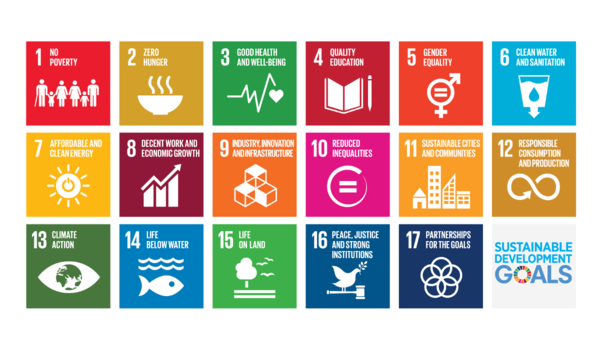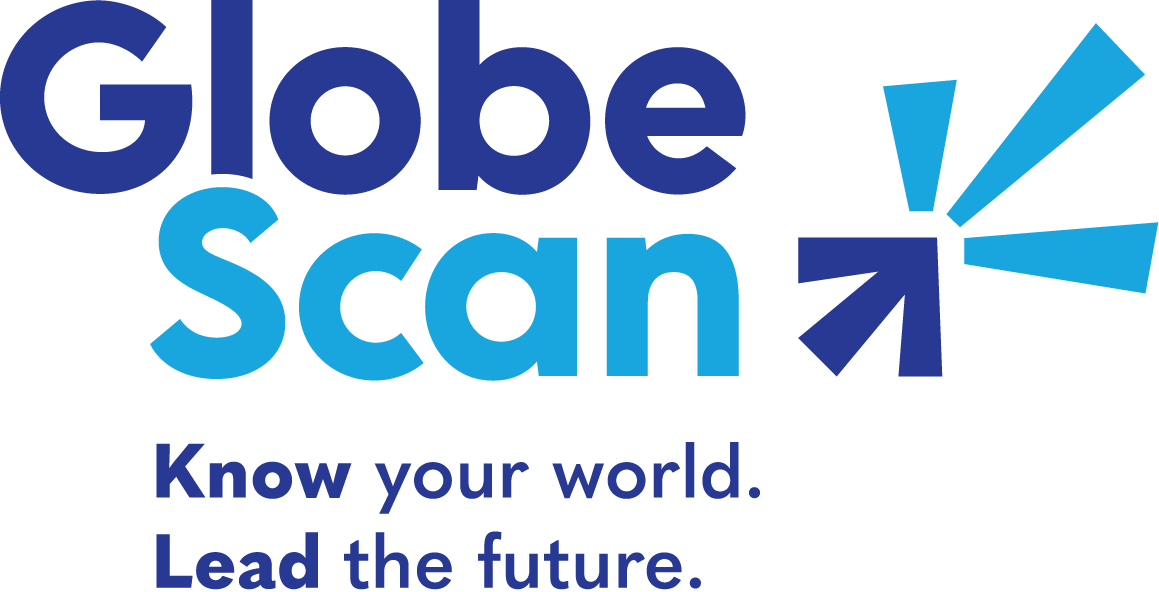Catalyzing Action on the SDGs Through Collaboration
GlobeScan’s SDG Leadership Series addresses the barriers to SDG action with innovative ideas and inspiring examples of progress

TORONTO, May 14, 2019 /3BL Media/ - Slowly but surely we are seeing pockets of progress on the Sustainable Development Goals (SDGs). Ten years remain until the 2030 deadline and as the urgency ramps up, so does the commitment of many businesses and swathes of civil society around the world. Still, experts worldwide polled by GlobeScan and SustainAbility continue to view progress on sustainable development as inadequate (particularly the contribution of national governments). The good news is that they are gradually becoming less negative according to the most recent SDG Progress Report.
As part of its own contribution, GlobeScan has now completed the first half of its SDG Leadership Series – a series of online forums on each Global Goal to help engage more stakeholders and catalyze action. During these dynamic and inspiring dialogues, 1,560 people worldwide from businesses, NGOs, and academia have shared over 6,780 ideas, case studies, and comments. Rich discussion on eight different SDGs has been captured in a series of publicly available reports, each of which summarizes the barriers that are holding back progress and constructively advances the discussion with dozens of innovative ideas, examples of solutions, and action frameworks.
At this halfway point in the 17 forums, GlobeScan is reflecting on the conversations so far and we invite you to delve into the insights in the reports published to date to learn from the collective wisdom of the expert contributors.
One recurring theme is central to all these curated discussions so far – the need for radical and unprecedented collaboration.
Fittingly, an introduction by Paul Polman kicked off the series with our first forum on Goal 17 (Partnerships for the Goals), supported by Unilever. Hundreds of inspiring disrupters shared their examples and ideas for new, collaborative models that will positively transform our economy. Together, the forum participants crafted a roadmap for ensuring effective partnerships and navigating the many challenges: from making the business case for financing the SDGs, to finding the right partners and building trust, through to effective execution and impact measurement.
The next discussion centred on Goal 3 (Good Health and Wellbeing), hosted alongside Johnson & Johnson. During this forum we focused on augmenting the capacity of frontline health workers. We heard from a diverse set of expert contributors on the need for investment and advocacy to empower women in the healthcare sector. A series of compelling case studies highlighted the opportunities that technology can provide in this area.
The power of technology was central to our forums on Goal 8 (Decent Work and Economic Growth) convened with 3M, and Goal 9 (Industry, Innovation and Infrastructure) with VMware. The Goal 8discussion highlighted the transformational shift that businesses and employees face across the world as the digital revolution challenges the traditional concept and format of employment. Noting these same systemic shifts, during our discussion on Goal 9there was a collective call to move away from a design that fits existing systems toward innovative solutions that meet real human needs.
An enthusiastic and fast-paced discussion on Goal 12 (Responsible Consumption and Production) with C&A Foundation reiterated the need for multi-stakeholder collaboration, this time to create networks for circular businesses, collective strategies, and combined workforces for more efficient processes in the fashion sector.
Our forum on Goal 14 Life Below Water exemplified partnership through its co-hosts Nomad Foods and the Marine Stewardship Council. Expert participants agreed that levers to accelerate marine solutions include transboundary action and leadership, long-term goal setting, and creating a central convening space for supply chain cooperation and innovation.
The discussion on Goal 11 (Sustainable Cities and Communities), in collaboration with TD Bank Group, illustrated the overlaps between the Goals and the need to aim for holistic solutions. Experts shared actionable insights that should be prioritized in overcoming barriers and implementing green infrastructure and inclusive green spaces which included fostering multi-sectoral collaboration and partnerships.
Our most recent discussion on Goal 6 (Clean Water and Sanitation) hosted by AB InBev was focused on accelerating action and scaling solutions for shared water security and access to clean water and sanitation. Forum participants agreed that making progress on water issues will require a focus on developing meaningful and impactful partnerships among diverse stakeholder groups.
While each of the conversations had its own intention, they were parts of a larger whole. By connecting experienced and knowledgeable people who are passionate about the SDGs from across sectors, institutions, and geographies, we hope that we have triggered new collaborations, sparked ideas, and ultimately encouraged more action on the ground.
We encourage you to explore and read the SDG Forum summary reports here.

